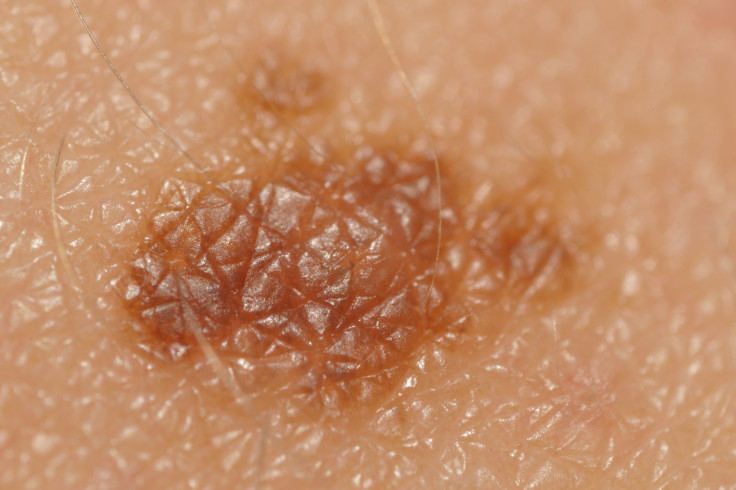Two-Drug Therapy Approved By FDA For Advanced Melanoma

A dynamic duo of drugs -- Mekinist and Tafinlar -- was approved as a combination therapy for advanced melanoma by U.S. regulators on Friday.
Richard Pazdur, director of the Food and Drug Administration’s office of hematology and oncology products, which helps evaluate research drugs, said the newly approved drugs “are the first… approved for combination treatment of melanoma. Their development for combination use is based on the strong understanding of the biological pathways of the disease.”

Mekinist and Tafinlar are now approved for the treatment of advanced melanoma skin cancer, Pazdur announced in a statement. FDA officials approved the combined drug treatment for cases of either late-stage melanoma after the cancer has spread or those skin cancers that cannot be removed surgically. The drugs were each approved last year by regulators for individual therapy for the same.
The drugs -- versions of trametinib and dabrafenib, respectively -- help to thwart the growth of cancerous tumors by blocking cellular signalling that promotes such growth. The two drugs “are specifically indicated as a combination therapy for patients with melanoma whose tumors express gene mutations called BRAF V600E and V600K,” Pazdur announced in a statement. “The BRAF protein is involved in the regulation of normal cell growth, but it is mutated in approximately half of melanomas arising from the skin.”

The FDA approved the treatment based on positive results from a clinical trial of 162 cancer patients, more than three quarters of whom experienced a nearly year-long remission as a result of the treatment. Seventy-six percent of patients who received Mekinist and Tafinlar experienced a shrinkage, or complete disappearance, of the cancer for an average of 10.5 months.
By contrast, 54 percent of those treated with Tafinlar alone experienced improvement for an average of only 5.6 months. Presently, investigators are studying whether the treatment boosts clinical survival levels, the FDA says. A complete list of possible side effects from the therapy is available on the agency’s website, although some common side effects included fever, chills, tiredness, rash, nausea, vomiting, diarrhea, abdominal pain, and swelling of the hands and feet -- symptoms common to other medications, as well.
However, the risk of side effects pales in comparison to the risk of death. The U.S. National Cancer Institute says more than 76,000 Americans would receive melanoma diagnoses last year with some 9,480 deaths.



























